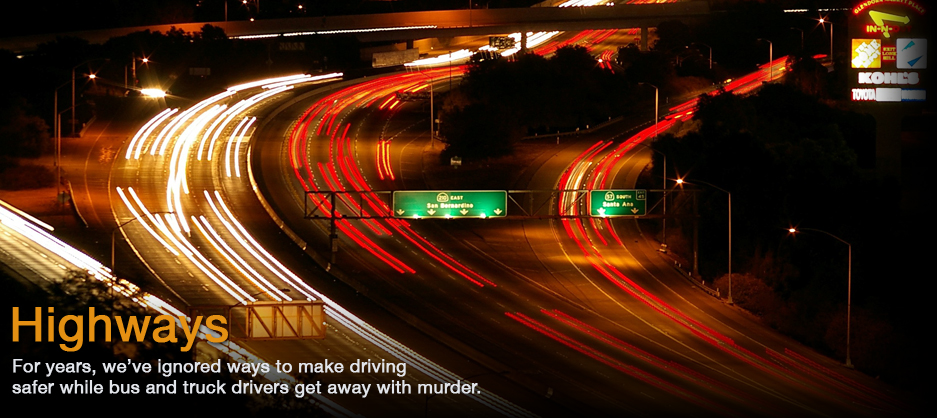The committee’s conclusion: that the FMCSA should do what the NTSB had been urging for years: Create a central repository for medical examiners to report the results of their examinations.
Slow to Respond
When the FMCSA has acted to address medical certification problems it’s usually because it has been mandated by Congress. Even then, it can take years to fix a problem.
In 1986, Congress required states to include medical certificates as part of their commercial driver’s license programs. In 1999, when nothing had been done, Congress charged the FMCSA with the job of making certain that drivers were medically certified before they got their licenses.
The FMCSA didn’t start working on a new rule until 2006. Two years later, the agency issued a proposal that requires drivers to provide a copy of their medical examination certificate to their state drivers’ license agency. The new rule won’t take effect until Jan. 30, 2012, 26 years after Congress acted.
Gunnels, of the FMCSA, said the new rule will help combat fraud because once the states have established electronic systems, enforcement officials can look up who issued medical cards and determine if cards are valid.
But the NTSB doesn’t think it goes far enough. Each state will keep its own data, and that might not include a complete examination form. Drivers, not doctors, are responsible for sending in data, which leaves the system open to abuse, critics say.
The FMCSA also has taken steps to create a national registry of certified medical examiners. Medical professionals would be required to go through training and pass an exam before they can issue certificates to drivers. Gunnels said the rule should become final by the end of this year or the beginning of next.
But again, safety officials aren’t satisfied. The FMCSA is writing the curriculum for the training but letting the private sector handle everything else, including the selection of examiners and the training itself.
One point of contention has been whether chiropractors should be allowed to give the exam. The NTSB says only doctors who are trained in pharmacology and can prescribe drugs should be allowed to administer the exam. The FMCSA has said that all medical examiners, including chiropractors, should be included.
But the real issue, according to NTSB officials, is that there is no comprehensive oversight system for medical certification of commercial drivers that will prevent doctor shopping and make sure medical examiners who conduct the exams are qualified to do so.
“The feeling at the board is not that there are flaws in the system. There is no functioning system in place,” Garber said.
Sept. 26, 2010


 In No Shape to Drive
In No Shape to Drive